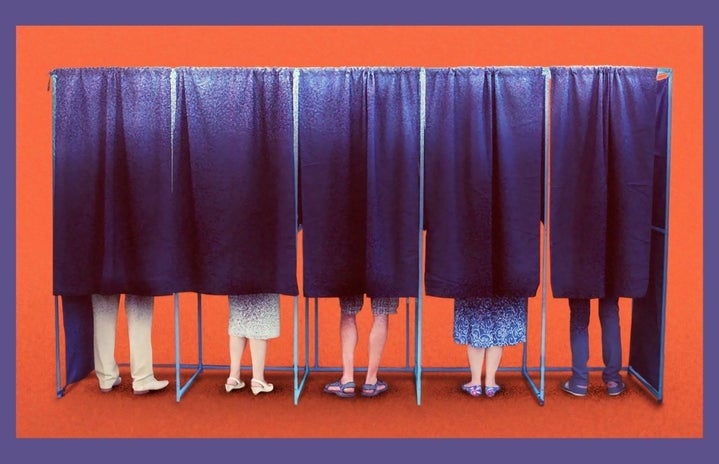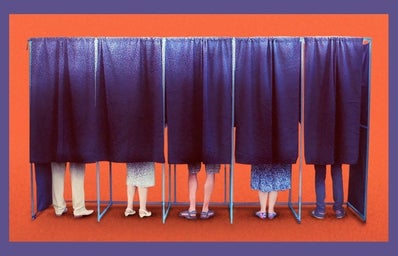With the 2020 Election days away, the news and current events occupy the majority of our discussions. Frequently, we hear terms such as fake news tossed around while also are seeing the flaws in our media outlets. This is dangerous because our country and the world is struggling with economic issues, political division, minority discrimination, and so on. The presidential election is more important now more than ever. What can you, a voter, do? Understanding media literacy is the first step.
- It’s Important
-
Media literacy is the ability to accurately read, comprehend, and analyze the media. This is important because our society relies heavily on the media and not all sources are accurate. There are three terms you must understand:
Misinformation → Misleading and confusing statements.
Disinformation → Intentionally inaccurate information (a.k.a. Fake news).
Propaganda → Biased statements searching for a specific response.
- Knowing Your Source of Information
-
With this information, it is important to look at your source. What media outlet? Who is the author? Is there a public relations presence? If an article is biased, you don’t have to ignore it however, you must understand there will likely be propaganda, misinformation, or disinformation.
- Read Multiple Sources
-
Another way to improve your knowledge of the news and media literacy is to read multiple news sources. This can be newspapers, online news websites, podcasts, magazines, etc.
- Read International Sources
-
If you want to take the next step because you are unsure and want reassurance, read an international news source. Often news in America is filtered. We may receive our news differently or may even be omitted from some news stories. This can be seen with the Ferguson verdict and even COVID-19.
- Fact Check
-
Once I read or watch the news, I refer to the AP Fact Check website. This is a credible source that will prove or disprove statements often made in recent headlines.
Overall, voting and being accurately informed should be two of your priorities. Learn about media literacy and then raise awareness by telling your friends and family.




